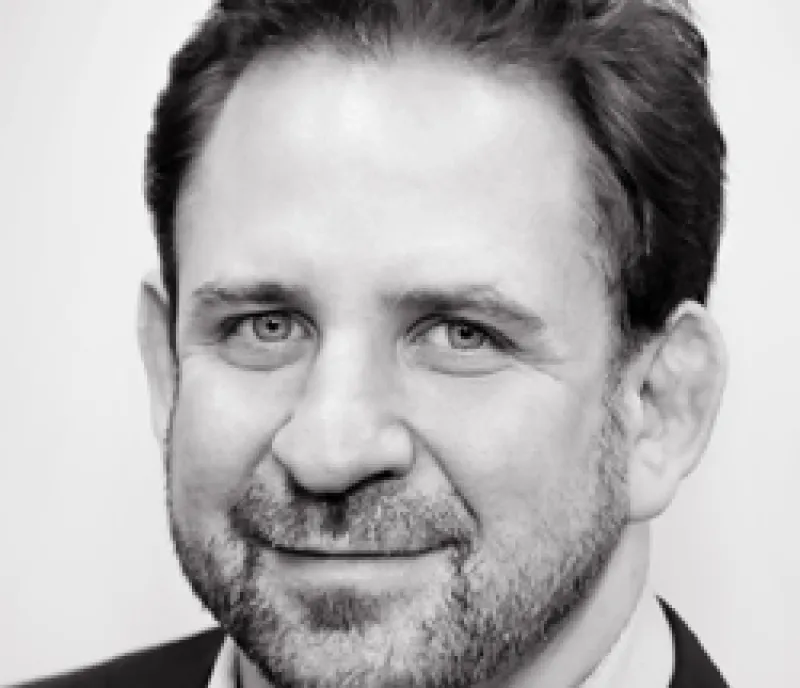When Neil Chriss, former head of quantitative strategies at Stamford, Connecticut–based SAC Capital Advisors, started his own hedge fund firm in September 2007, it would have been natural to assume that he was launching a quant shop. But those expecting something like AQR Capital Management or Goldman Sachs Asset Management’s Global Alpha fund were wrong.
New York–based Hutchin Hill Capital does have quantitative elements. But it’s a multistrategy outfit currently investing in four core strategies — discretionary credit, discretionary equities, systematic and quantitative, and macro — and three opportunistic ones, including hedges and managed futures.
“When I left SAC, I specifically intended to start a multistrategy firm,” says Chriss, a onetime portfolio manager in the quantitative trading group at GSAM, with a Ph.D. in mathematics from the University of Chicago. He likes the diversification benefits of the approach. Besides Chriss and principal Seth Padowitz, former head of quantitative research at Dallas-based multistrategy firm HBK Capital Management, $1.5 billion Hutchin Hill has 11 portfolio managers. Among them: macro manager Benjamin Heller, previously a portfolio manager at HBK; Pierre-Emmanuel Evreux, who had been a corporate credit trader with Citigroup and New York’s Old Lane Partners; and Shahraab Ahmad, formerly a partner and portfolio manager at Stamford-based credit hedge fund Sailfish Capital Partners.
Hutchin Hill executes an average of 800 trades globally each day. A quarter of its assets are in quantitative strategies, including statistical arbitrage, fixed-income arbitrage, relative value, dispersion and correlation trades. But while quant investing shows up across the firm, other strategies are more about fundamentals. In equities, for example, Hutchin Hill does everything from pairs trading to event-driven investing.
Liquidity and risk management are crucial. Chriss doesn’t want Hutchin Hill to make investments it can’t exit — a problem for quantitative traders during the August 2007 market upheaval and for hedge funds of all stripes in the 2008 crisis. “A lot of the biggest catastrophes that happen in investing have to do with very large positions that are hard to move out of,” he explains. “For us, every portfolio manager in every strategy is focused on the size of their positions relative to capital.”
Building a hedge fund is “one part markets and one part talent,” says Chriss, 43, who has written books on quantitative investing and directed the mathematics in finance program at New York University’s Courant Institute of Mathematical Sciences. Luckily for him, the banks’ pullback from proprietary trading and the shake-up of the hedge fund industry have created a buyer’s market for good investment professionals. Finding the right markets is tougher: “We spent a lot of time looking at capacity in each of our strategies,” Chriss says.
From an outside perspective, what really distinguishes Hutchin Hill is its strategic investor: Chriss’s friend James Simons, retired founder of the secretive, East Setauket, New York–based quant trading powerhouse Renaissance Technologies. The two met about six years ago and worked together on Math for America, a nonprofit that Simons founded. “He seemed like he had all the characteristics that I like in someone,” Simons says of Chriss. “He was smart, reliable and pleasant to work with. It was a no-brainer that I would be happy to invest some money with him.”
Simons invests in Hutchin Hill through Meritage Fund, the fund of hedge funds that runs money for his family and Renaissance employees. Meritage agreed to make a $300 million allocation to Chriss’s new venture at full fees; Hutchin Hill passes through some fund expenses and charges a 2 percent management fee and a 15 percent performance fee.
So far, Meritage has been rewarded for its confidence. As of April 30, Hutchin Hill’s annualized return since inception was 13.82 percent, with a standard deviation of 6.46 percent and a Sharpe ratio of 2.03 — numbers investors should like. • •






